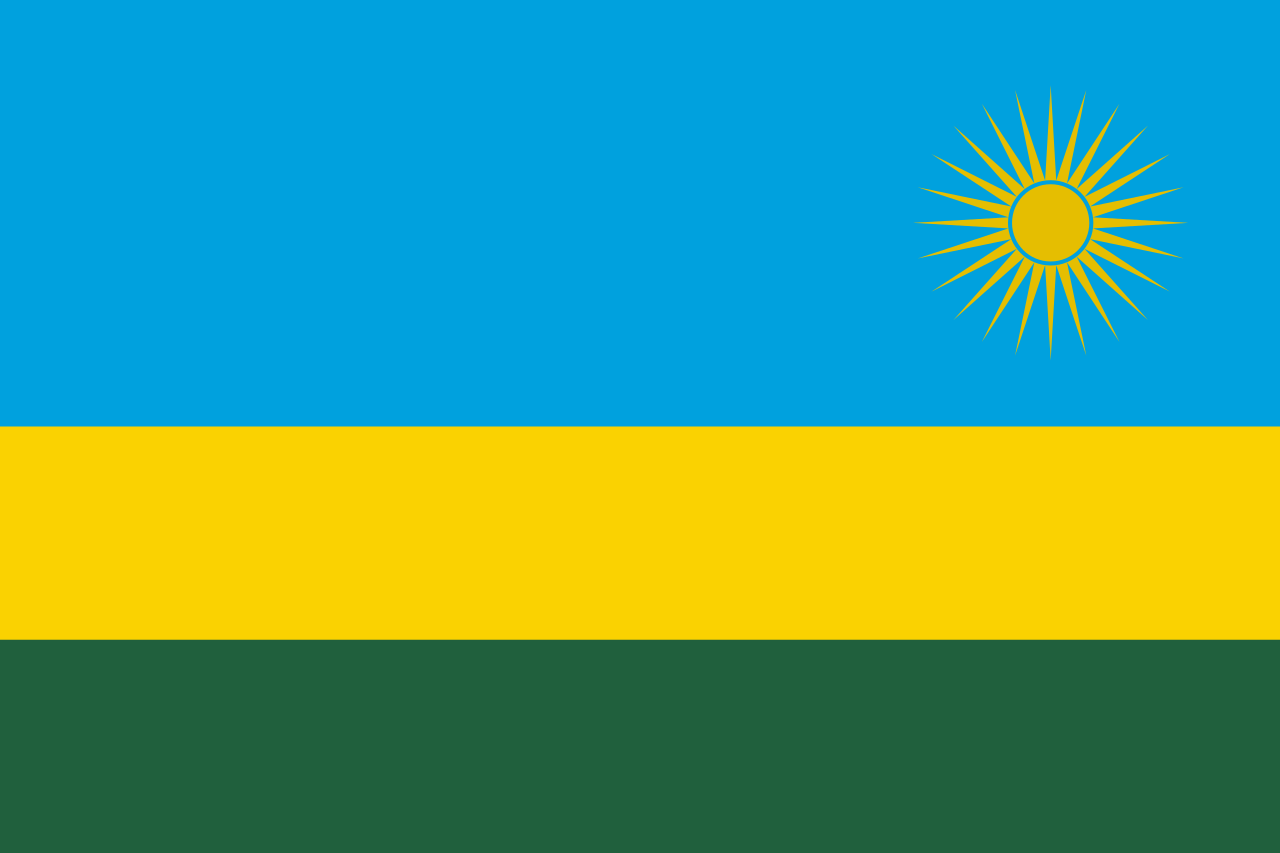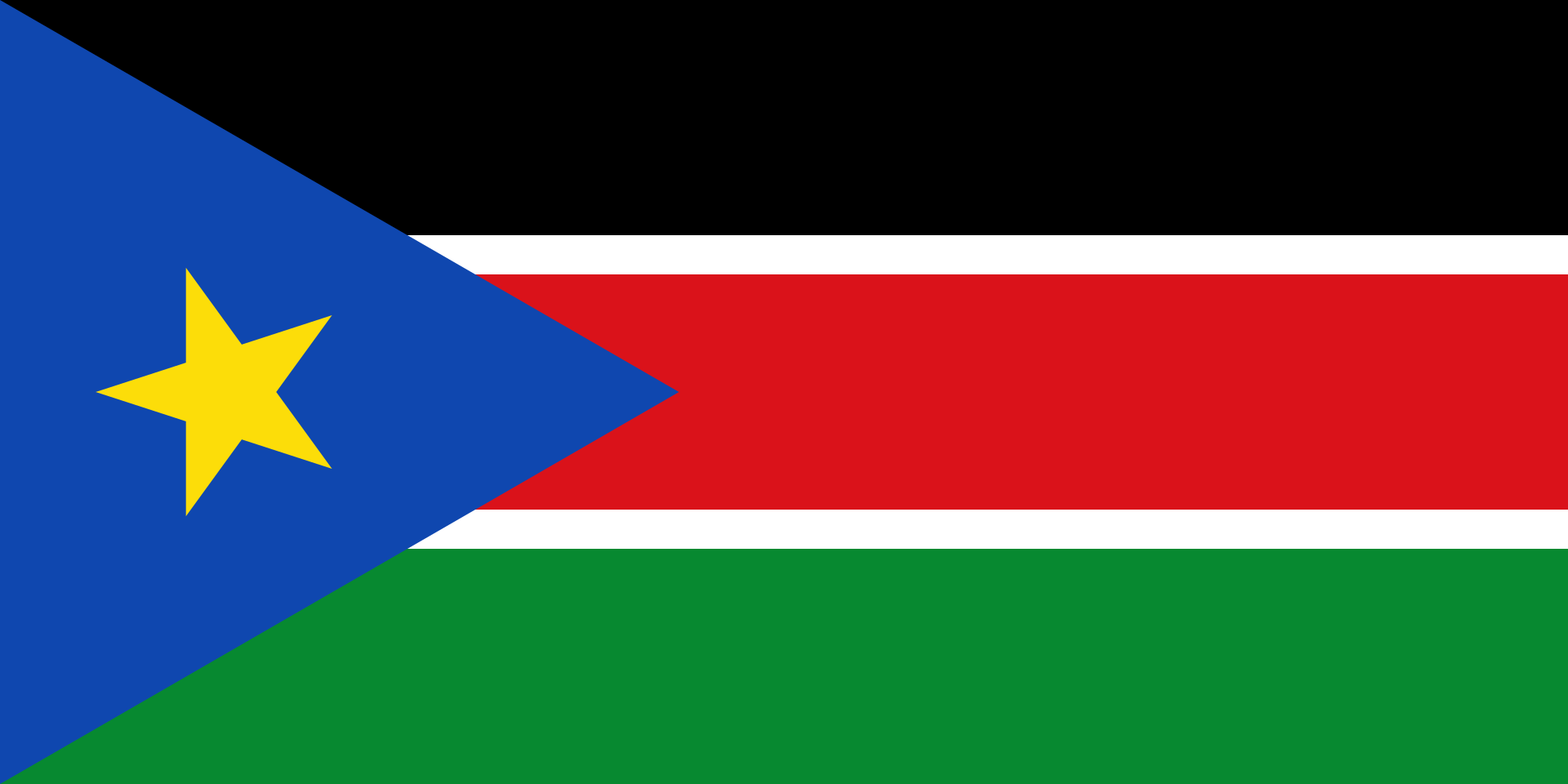First Lady Jeannette Kagame has called for political will and commitment of medical professionals in the fight to end cervical cancer while in Sweden on September 16.
She made the remarks during the European launch of Lancet Oncology Commission in Sweden. It was also an opportunity that saw the First Lady awarded for her exceptional commitment to the cause.
“I am no researcher. I am no doctor, or medical specialist. But at heart and by duty, I shall always strive to be an advocate,” she noted.
“I may have been proud to lend my face, my voice, and the stage that this position has offered me, to carry the torch, from boardroom to clinic, from conference halls to private offices, from Kigali to Stockholm....But this torch’s fire was never mine to preserve, and neither was it my individual achievement.”
She emphasized that the advancements Rwanda is proud of, regarding the race to zero cervical cancer fatality by 2030, are the materialization of a system’s efforts.
“Bridging the gap between political will to see positive change occur, and our health system’s ability to effect this change, falls under the advocacy umbrella that many First Ladies carry, yes. But in that, we should never be alone,” she added.
According to experts, the number of new cases of cervical cancer is expected to rise by 55 percent (to 324,598) and deaths by 62 percent (to 186,066 deaths) by 2030.
“I invite my brothers and sisters on the continent, in research, in medicine, in health management, in local politics, in public policy, to constantly question, to constantly reassess, their powers to drive and indeed demand the change that the populations they are endowed to, require.”
Mrs. Kagame said: “unless we all embrace sustainability, autonomy, self-provision, continental collaboration, and every other asks of our SDGs, we will keep counting, witnessing, suffering from deaths that science has long ago deemed avoidable.”
Zero cervical cancer fatality on our continent is possible, therefore it should be expected. No delays, no excuses, she asserted.
“Having inoculated over 90 percent of the girls aged 12 and under against HPV, the main cause of cervical cancer, means that from now on, all the girls aged 29 and under, who screen negative of cervical cancer, may very well be immunized entirely, against the disease,” she highlighted
Rwanda started the HPV (Human Papillomavirus) vaccination programme in 2011, targeting 12-year-old school girls. Health officials say that 97 per cent of them are vaccinated each year. - Alice Kagina, The New Times







